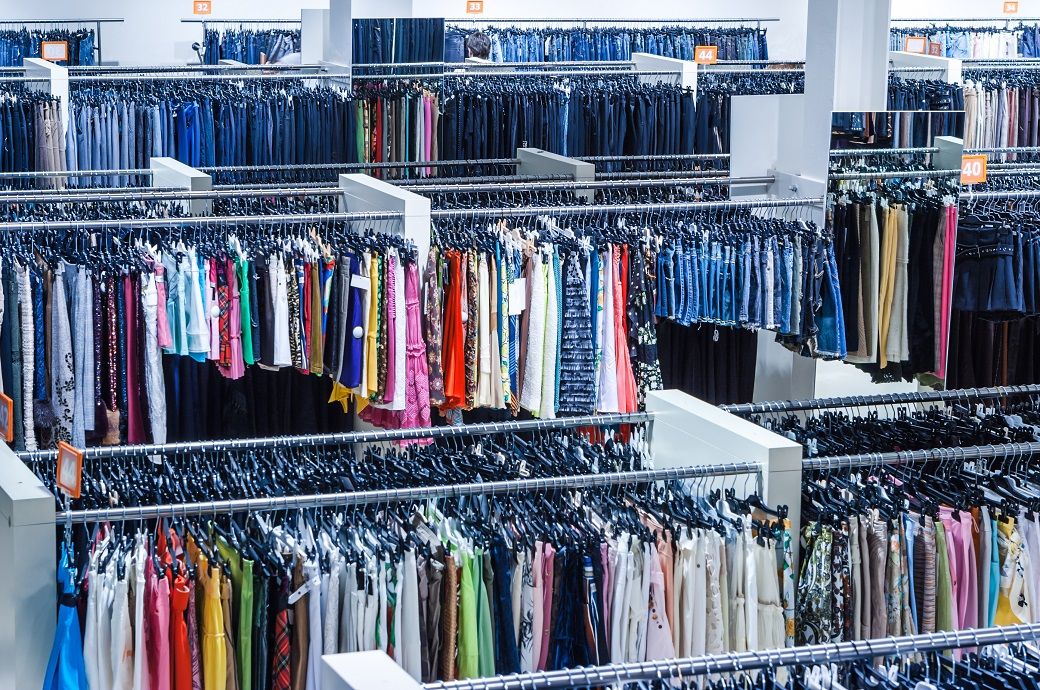
In a post on X (formerly Twitter), the US trade representative (USTR) said that due to non-market policies and practices by China in the sector, China's domestic manufacturers are enjoying ‘unfair competitive advantages’.
These policies are enabling Chinese manufacturers “to charge artificially low prices for their products. US textile and apparel manufacturers have been negatively impacted with 28 plants closing in the past 22 months," USTR wrote.
China accounted for 21 per cent of the $79.3 billion worth of apparel imported by the United States last year, it said.
Chinese e-commerce firms, it stated, were responsible for over 30 per cent of all daily de minimis shipments into the United States, flooding the US market with ‘cheap apparel products’, while bypassing tariffs and evading trade enforcement mechanisms.
"The influx of cheap apparel has decimated local industries, particularly in the southeast United States," USTR observed.
US exporters are also at a disadvantage as the Indian textile industry is benefitting from "high tariffs, opaque quality control rules, and a web of unpredictable import licensing requirements", while the playing field is ‘uneven’ for US manufacturers as India’s export promotion schemes and production-linked incentives offered the latter’s manufacturers a competitive edge.
USTR also accused the EU of imposing new ‘non-tariff barriers’, leaving US exporters with ‘burdensome compliance costs’. The ‘barriers’ mentioned are eco-design requirements under the EU Strategy for Sustainable and Circular Textiles; ‘steep’ extended producer responsibility fees and digital product passports with ‘unrealistic implementation timelines’.
“Bangladesh’s readymade garment sector continues to be marked by pervasive labour rights violations, including insufficient fines for labour violations, poverty wages, 14-16 hour shifts in unsafe factories and systemic anti-union discrimination. Moreover, garment workers in Bangladesh are only paid about $113 per month. These unfair practices underpin ultra-cheap garment imports that undercut US textile and apparel manufacturers,” USTR alleged.
Behind the surge in Vietnam’s apparel exports to the United States “are aggressive state-backed industrial policies and the prevalence of cheap, forced labour—Vietnamese textile and garment workers are only paid about $300 per month,” USTR noted in the social media post.
Kenya applies a 35-per cent tariff on US exports of second-hand clothing and many textile products are classified as ‘sensitive items’ under the East African Community, some of which are subject to a 50-per cent tariff, it noted.
“These unfair practices significantly impact US exporters who have limited access to Africa’s largest market for second-hand clothing. Meanwhile, China became the largest secondhand clothing supplier to Kenya in 2023, exporting nearly five times the value of US exports to Kenya,” it said.
Exploitative labour conditions exist in Cambodia, specifically in the textile industry, and these unfair trade practices artificially suppress labour costs, it observed.
The United States is facing an unprecedented surge of direct imports of cotton swabs, cotton rounds, cotton balls and cotton squares from Turkiye. “The Turkish lira has devalued by 77.5 per cent in the last five years, making Turkish exports significantly cheaper, despite no change in real production costs,” USTR noted.
“In Peru, there are significant concerns with respect to freedom of association and collective bargaining in certain sectors, including in the textiles and apparel sector. These unfair trade practices artificially suppress labour costs, giving certain goods and services from Peru an unfair advantage in the US market,” USTR added.
ALCHEMPro News Desk (DS)
Receive daily prices and market insights straight to your inbox. Subscribe to AlchemPro Weekly!